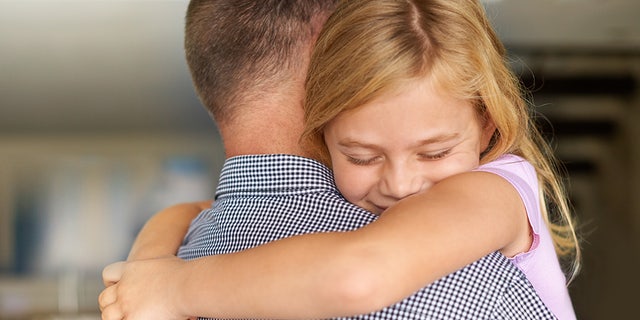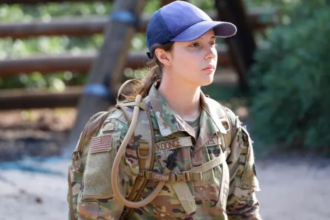Fox news today:
The Girl Scouts is reminding its members they don’t “owe anyone a hug” ahead of the holiday season — declaring it could give impressionable children “the wrong idea about consent and physical affection.”
The youth organization for girls published a post online that explains such actions, like giving an uncle a “big hug” or giving an aunt who just gave a child a present a kiss as a thank you, “can set the stage for her questioning whether she ‘owes’ another person any type of physical affection” later in life.
CONDOM BRAND RELEASES ‘CONSENT PACKS’ THAT REQUIRE FOUR HANDS TO OPEN
“The notion of consent may seem very grown-up and like something that doesn’t pertain to children,” Dr. Andrea Bastiani Archibald, the Girl Scouts’ developmental psychologist, said in a statement. “But the lessons girls learn when they’re young about setting physical boundaries and expecting them to be respected last a lifetime, and can influence how she feels about herself and her body as she gets older.”
Bastiani added, “Plus, sadly, we know that some adults prey on children, and teaching your daughter about consent early on can help her understand her rights, know when lines are being crossed, and when to go to you for help.”
COLORADO PARENTS UPSET HIGH SCHOOL TEACHER ASSIGNED SEXUALLY EXPLICIT MATERIAL WITHOUT THEIR CONSENT
The post urges parents and guardians to “give your girl the space to decide when and how she wants to show affection,” as many children “may naturally want to hug and kiss family members, friends, and neighbors.”
Allowing children the freedom to decide whether they want to show affection to loved ones during the holiday season “doesn’t give her license to be rude,” however, and children can show affection and thankfulness in other ways that don’t require physical touch, the organization wrote.

Girl Scouts says girls don’t “owe anyone a hug,” saying it could give impressionable children “the wrong idea about consent and physical affection.”
(iStock)
Reactions to the Girl Scouts’ Facebook post on Monday were positive, with many writing they wish this was general practice when they were kids themselves. One woman wrote: “My grandma was a huge proponent of this thought. Glad we learned e















